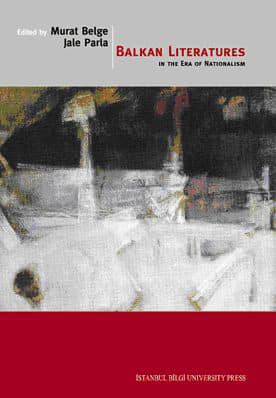446 s, İngilizce.
Literature became one of the cultural areas which contributed to the discursive construction of nationhood in the new nation-states that were formed in eastern Europe and the Near East upon the decline and fall of the Ottoman Empire. This book takes up the literary genres, themes, and motifs that are commonly found in literature’s engagement with national issues, such as the relationship between essentialist thinking and national myths, adoption of national languages, foundational narratives, national romances, forged epic cycles, formation of national canons, ideological historiography, and nationalist reconceptions of geography.
The essays in this collection address the question of nationalism in its manifest and latent forms in the Balkan literatures. The shared theme of the essays may be summed up as the investigation of the cultural production as well as reproduction of the ideology of nationhood in terms of the role literature plays in a nation’s self-fashioning. The contributors from the various Balkan countries as well as experts on Balkan history and culture interrogate the ways in which the national consciousness of the specific country under discussion infiltrates its literary production. As the writers focus on one or another aspect of the literary incorporation of national myths, legends, symbols, icons, rituals, on the construction of communal pasts and utopian futures, and on national identity as it is embedded in essentialist thinking, they hope to contribute to the debate on the broader issue of literature and ideology through a comparatist perspective.




